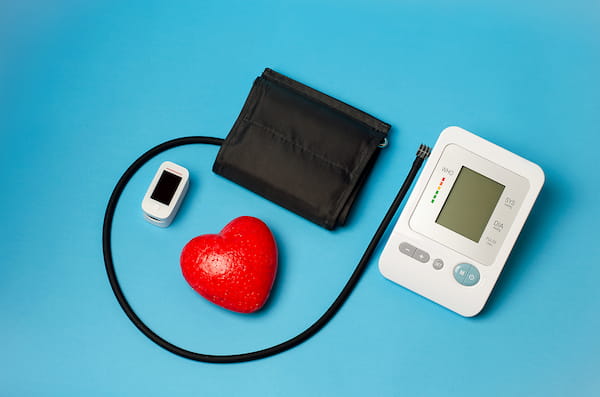Most of our diagnostic testing is performed using our on-site accredited clinical laboratory, which is open for all studies from 8:00 AM until 4:00PM on weekdays.
We perform blood tests, urinalyses, electrocardiograms, and some tests for respiratory and throat infections. Home sleep studies are available on a scheduled basis. If any imaging studies are necessary, such as X-rays, ultrasound, CT, or MRI exams, we generally utilize providers of these services in the Foxhall Square building, or at one of the local hospitals.
Most tests do not require any specific preparation. However, if you have been asked to fast prior to your test, such as for a check of your cholesterol or as part of a routine physical examination, please follow the directions given by your doctor. It is advisable to drink water on the morning of any blood testing since drawing blood can be more difficult if you are dehydrated. You may take your medicines according to their usual schedule unless you have been advised otherwise
In addition to the above tests, we also offer:

Ambulatory Blood Pressure Monitoring
This is done either to ensure that patients with hypertension have satisfactory control of their blood pressure with medication, or to determine if patients have “white coat hypertension,” in which blood pressure is high in our office but otherwise normal. A small monitor records blood pressure readings for 24 hours, and the data are then analyzed by your physician.
Bone Densitometry (DEXA scan)
Zio Patch Monitoring
Often patients who experience palpitations (sensations of an irregular heart rhythm) have no unusual findings when their heart is examined, and have a normal electrocardiogram. Zio patch monitoring is used in this situation to determine why the palpitations are occurring. Every heartbeat is recorded for up to 2 weeks, and the information is then used to determine what is causing the palpitations and whether any further treatment is necessary. This monitoring can also be used for evaluation of recurrent dizziness if a heart problem is suspected, and for assessing how well treatment is working to control an abnormal heart rhythm.

Laboratory Accreditation
Foxhall Internists has continually met all criteria for Laboratory Accreditation by COLA, a national healthcare accreditation organization. Accreditation is given only to laboratories that apply rigid standards of quality in day-to-day operations, demonstrate continued accuracy in the performance of proficiency testing, and pass a rigorous on-site laboratory survey. Foxhall Internists has routinely earned COLA accreditation in its biennial surveys as a result of their long-term commitment to provide quality service to its patients.

